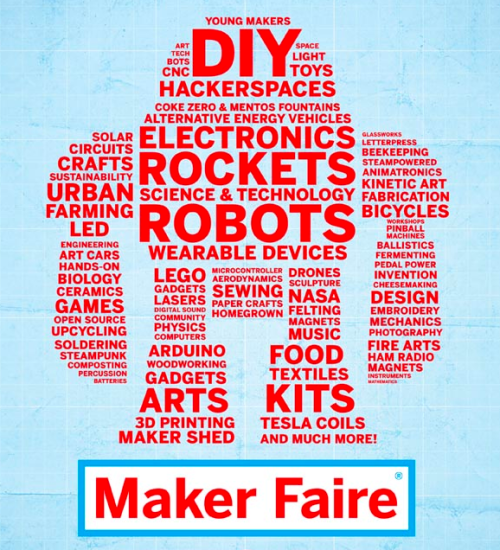
Step 1. Start a hardware company.
Step 2. ?
Step 3. Profit.
If it were only that easy. You can ask Pebble, InteraXon, Thalmic, Bionym, PUSH Strength, Kiwi Wearables, ClearPath Robotics among others about the challenges of designing, testing, manufacturing and distributing a hardware-based company. There are a lot of subtle , unexpected complexity in moving from bits to atoms. And one of the best ways to learn about complexity is from operators made mistakes and found a way to do it.
There is a Toronto based event happening called the Hardware Workshop happening May 2-3, 2014. The event is hosted by Marc Barros (Moment) and organized locally by Katherine Hague (Shoplocket) and Zak Homuth (Upverter). It features an amazing set of people with real world experience in all aspects of building hardware-based businesses, including:
- Marc Barros (LinkedIn), Moment
- Ben Einstein (LinkedIn), Bolt
- Bill Drislane (LinkedIn), Dragon Innovation
- Cindy Soo (LinkedIn), Flextronics
- Ashish Bidadi (LinkedIn), Palette
- Andrew Currier (LinkedIn), PCK IP (see Andrew’s article on when startups should pursue a patent strategy)
It looks like a great workshop at an amazing price. Looks like the workshop costs are covering the out-of-pocket expense of the organizers for food to allow participants to focus on the content and learning opportunity. (Seriously, do the math $75 * 75 = $5,625 barely covers the catering costs).
“What makes this workshop unique is the quality of the content, the deep operational experience of the teachers, and the long term connections you will make. Hand curated, each teacher covers a unique topic that falls within the startup’s life cycle from an idea to reaching market fit.”
If you’re interested in learning about building a hardware startup and about the mistakes that others have made (so you can avoid them). This should be a fun 2 days. Apply to attend.
[Disclosure: I am an investor in Upverter. ]


